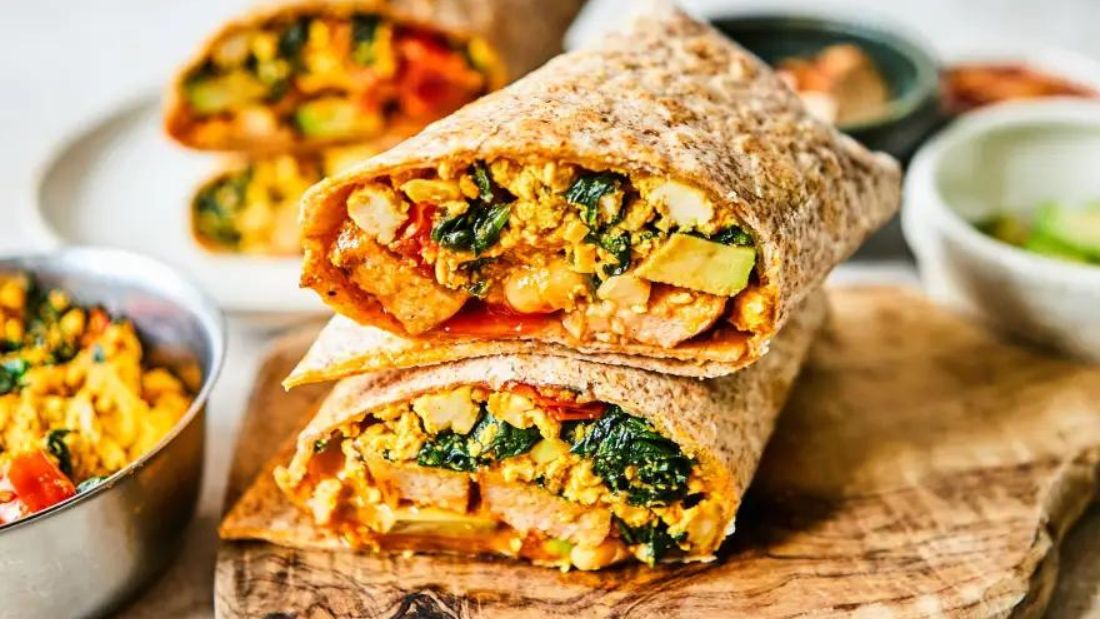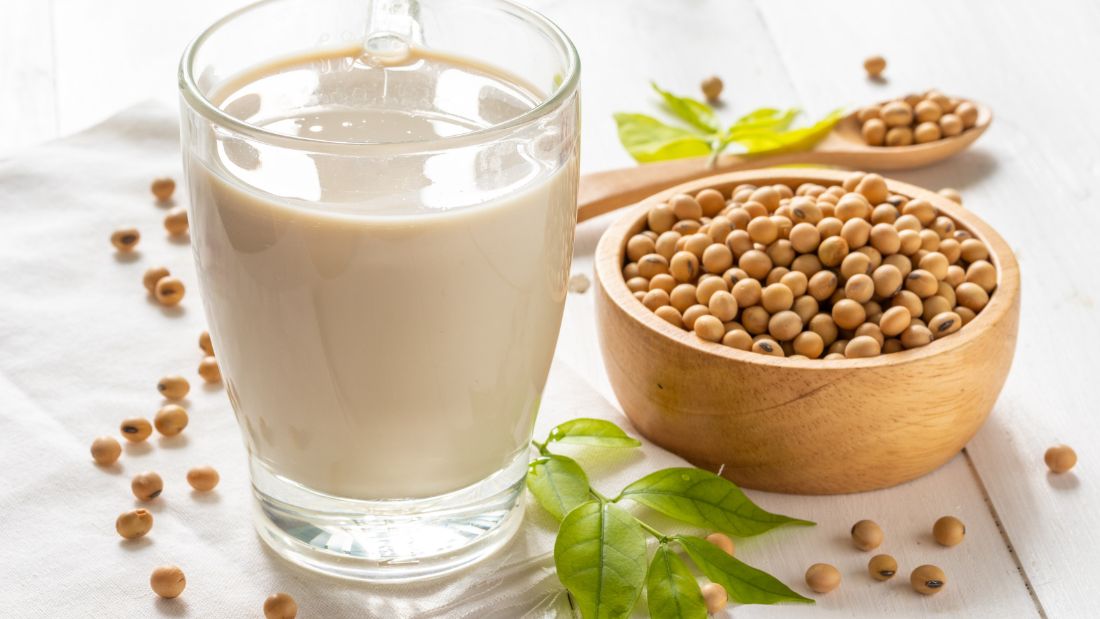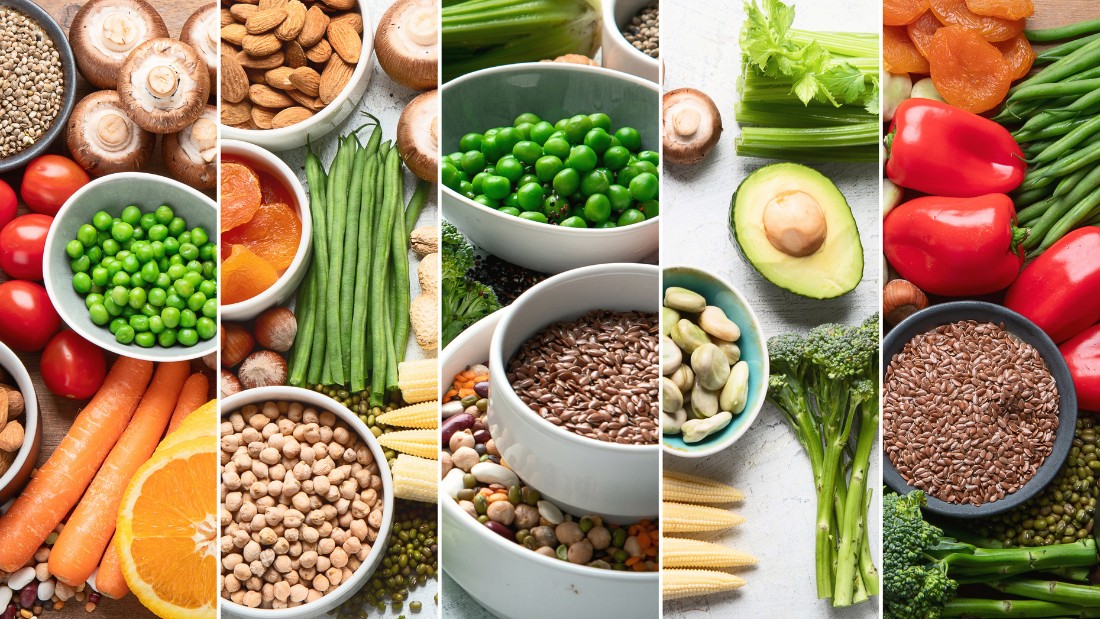Can a Vegan Diet Provide Sufficient Protein for Children and Older People?

Perhaps you’re a parent and wondering if a vegan diet is sufficient for your child’s protein needs, or you’re an older person who has been told they need to eat more protein to combat age-related muscle loss.
Worry not! A well-planned vegan diet is suitable for all stages of life and can provide enough protein for growing children and ageing adults.
Children
No parent wants to compromise the health of their child so it’s fair to ask if a vegan diet can provide enough protein for healthy development.
Rest assured, a well-planned, wholesome vegan diet can meet all the nutritional needs – including protein – of your growing child.
According to the UK government, these are the protein requirements for children:
| Age | Daily protein requirement (grams) based on average body weight | |
|---|---|---|
| 0-12 months | 12.5-14.9 | |
| 1-3 years | 14.5 | |
| 4-6 years | 19.7 | |
| 7-10 years | 28.3 | |
| Males | Females | |
| 11-14 years | 42.1 | 41.2 |
| 15-18 years | 55.2 | 45.4 |
Not only is it possible to get enough protein on a vegan diet, but studies have shown that, regardless of whether they’re omnivore, vegetarian or vegan, most children exceed the daily requirement for protein.
However, in most aspects of nutrition, vegan children have omnivores beat.
According to a systematic review of studies published between 2000 and 2022, vegan children consume more fibre, more ’good’ fats but less ‘bad’ fats, and are less likely to be overweight or obese.
They also tend to have higher intakes of many vitamins and minerals. Many diseases related to animal-based diets, such as heart disease, begin in childhood so a well-planned vegan diet, which has all the macro- and micronutrients covered, is setting your child up for good health in adult life.
In short, as long as your child is getting enough calories and eating a wide variety of wholesome plant foods, there is no need to worry about protein.
Older People
As we age, our body finds it harder to build and maintain muscle mass and bone density.
Although this process begins as early as in our thirties, it speeds up and can become more severe after the age of 60. This is known as sarcopenia.
Fortunately, there are things we can do to slow down this process and prevent sarcopenia from affecting our quality of life: namely, a combination of aerobic (cardio) and resistance exercise, and ensuring we get enough protein. Plants can provide all the protein we need.
Getting the nine essential amino acids (the building blocks of protein) is important no matter what our age is, but it becomes even more important as we get older. It’s the essential amino acids that are primarily responsible for muscle growth in older adults.
All plant foods contain all nine in varying quantities and throughout most of our life, we can easily get them by eating a wide variety of plant foods.
As we age, our bodies don’t respond as readily to the amino acids in food but we can overcome this simply by eating more protein. Studies have shown that when physically active older adults increase their protein intake from 0.8 to 1.2-1.3 grams per kilogram of weight per day, they were able to attenuate the age‐induced loss of muscle mass. This is certainly achievable on a vegan diet.
However, there is an important caveat: it doesn’t matter how much protein you eat, if you are not doing some kind of resistance exercise your muscles will not get the stimulus they need to maintain their strength or grow stronger.
One barrier to getting enough protein as we age is a lack of appetite, which is common in older people. It may therefore become harder to eat enough food to meet our ageing body’s growing demand for protein.
One strategy is to prioritise high-protein foods such as tofu, lentils and quinoa. If you still struggle to get 1.2-1.3 grams per kilogram of weight per day of protein, a vegan protein powder can be a great option.
Ideally, choose pea or soya protein isolate as both are high-quality proteins, meaning they contain substantial quantities of the nine essential amino acids.
High protein foods for older people to prioritise include: pulses (lentils, beans, chickpeas, peas and soya), mushrooms, nuts and nut butters, seeds (pumpkin, sesame/tahini and hemp) and wholegrains (oats, wholemeal bread, wholewheat pasta and brown rice).
And, although corn and potatoes aren’t high in protein, they are high in an important amino acid called leucine which helps muscle repair and growth.
For some protein-packed inspiration, be sure to check out Vegan Recipe Club’s high-protein recipes!






